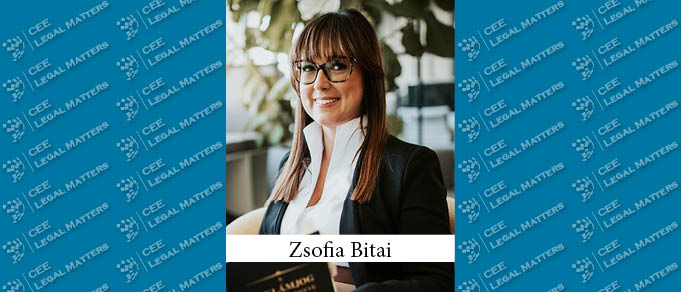Fair commercial practices and communication with consumers have always been a mandatory requirement for all businesses but now, with the updated regulations on unfair consumer practices, communication has an even higher importance – especially in light of rapid technological developments, the growing digital space, new digital solutions, and consumers becoming more and more vulnerable, both as a result of these developments and the already two-year-long pandemic.
That is why several EU directives on consumer protection have been amended via the Omnibus Directive, including the amendment of the Unfair Commercial Practices Directive (UCPD) as well. The amendments of the UCPD have been fully implemented by Hungary into the local Unfair Commercial Practices Act, with changes to enter into force on May 28, 2022.
The legislative updates are mainly related to the rapid development of the digital space and adapt to changes in commercial practices and legal interpretations by EU authorities over the last decade. The EU Commission issued an updated Commission Notice to the UCPD in 2021, covering the recent changes as well, to help follow proper commercial practices and avoid unfair ones.
New definitions have been introduced that were not included in previous regulations such as ranking or online marketplace. The definition of product has also been clarified.
In addition, the list of the so-called important information when looking at calls-to-action for making purchases has been completed as well. For example, it should be made clear who is qualified as the trader, the search results should be made transparent, and, for consumer reviews of products, information should be provided on whether and how the business ensures the published reviews come from consumers who have actually used or purchased the product.
The so-called blacklists annex on unfair commercial practices has been extended to include practices such as abuses of rankings, the provision of misleading information about consumer ratings, or the use of false consumer ratings.
The above are just some examples of the changes from May 28, 2022, which are of great importance for the proper functioning of the market and the fullest possible enforcement of consumer rights. Although several authorities can act in consumer misleading cases, the activities of the Hungarian Competition Authority (GVH) are of outstanding importance. In Hungary, in addition to the classic competition law cases (e.g., cartel, abuse of dominant position), the GVH also has competence in consumer protection cases – it acts in consumer protection cases of nation-wide significance. This guarantees strict controls, consistent decisions, and the development of a clear legal practice to be followed, which benefit all market participants.
In recent years, the GVH has ruled on several cases related to unfair commercial practices, which are also addressed in the updated Commission Notice to the UCPD issued by the Commission. The decisions of the GVH are in line with the UCPD Notice and practice in the EU. In recent years, the GVH has acted in the following types of cases: psychological pressure, moderated consumer reviews, evaluation of website, application structure and visual design, free services versus payment with personal data, or misleading promotional pricing, among others. For example, the GVH has imposed a fine of HUF 2.5 billion on the operator of booking.com for, among others, misleadingly advertising some accommodations as having a free cancellation policy and putting aggressive psychological pressure on consumers to book quickly. Additionally, the GVH imposed a fine of HUF 40 million on the operator of alza.hu, while also requiring the company set up a consumer redress program worth at least HUF 450 million – for aggressively urging consumers to buy quickly with messages with mostly untrue content.
The resolutions issued by the GVH, which provide guidelines for the avoidance of unfair commercial practices, are also very useful for market participants – such as its recent resolutions on green marketing, on influencer communication, and on user reviews.
Ultimately, there is a positive trend that we are seeing: we are receiving requests from more and more companies asking for prior assessments before launching any form of advertising campaign or other consumer activities, communication, or commercial practices, a sign that companies are all too aware of the significance of these developments.
By Zsofia Bitai, Managing Partner, CLM Bitai & Partners
This Article was originally published in Issue 9.3 of the CEE Legal Matters Magazine. If you would like to receive a hard copy of the magazine, you can subscribe here.













